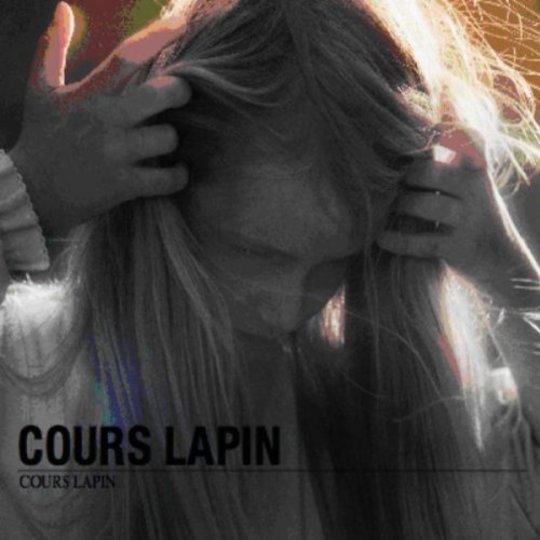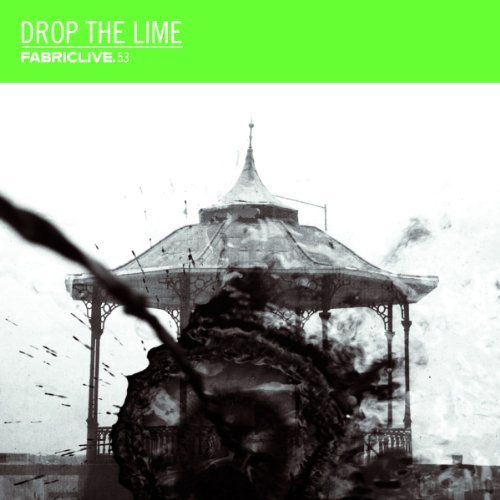It’s with a great joy that I can, finally, exploit some of my modern language skills from school with this, the debut offering from Cours Lapin. Or, just to show off, Bunny Run. The lyrics frolics with nostalgia, albeit manipulated in completely tangential musical ways to that which I had been exposed to. When it comes to Cours Lapin, however, it’s important to define what is without doubt its most essential component.
chan·son
[shan-suh n; Fr. shahn-sawn]
– noun, plural -sons [-suh nz; Fr. -sawn]
Any of several types of song with French lyrics, occurring from the Middle Ages to the present in a variety of musical styles.
So there you go; condescension out of the way (hopefully). It’s a simple, yet unquestionably applicable, definition for this modernist take on a classical French art form, ironically performed by an collective of Danish film score composers. Imbibed with unerring moments of both sinister imagery and whimsical romanticism, its most potent element is Louise Alenius’ vocal. Without her at once comforting and terrifying tones, the songs could easily fall by the wayside. Her voice: a beguiling mixture of naivety, solace and confidence, taking you on an unknown track of variable emotion.
Take ‘Mes Larmes Secretes’ (or ‘My Secret Tears’). With nothing but the straggling, aged plucks of strings as her accompaniment, her untainted vocal has an almost siren like quality, taking you on a fairytale-like journey of childish adventure. Even as the album draws to its close, her voice has an ability to become a powerful narrative in itself, the actual tales within the lyrics as a decadent extra.
Despite the Francophile beginnings, there is, musically speaking, a certain Lynchian aesthetic at play. The titular‘Cours Lapin’, whilst not the album's strongest hand, saunters with an alternative edge, bouncing between straight-forward lounge grooves and surf riffs, relocating Horne’s hypnotic dance moves from a rural American diner to a cask-wooden ocean stained bar. ‘Le Son d’un Escargot’ (Snail Son) leaves the bass and guitar to guide what could, hypothetically, be Alenius’ petite character into a forest of uncertainty and fear, with only the harmonic voices of the wind as her comfort before a crash of percussive noise shatters the phantasm into a million pieces.
It is unfortunate that the main sticking point for the album is an unfortunate imbalance between the upbeat and the dreamlike soundscapes, how at points, its intended sonic power becomes almost too much. It’s in the quieter moments that Cours Lapin succeed at their task; when the essential subtlety in musicianship and heartbreaking pitches of the vocals are left to their lonesome, unfiltered by an overbearing, faux-retro thematic. Once their formula is purified, then their obligation to their forefathers will be even more powerful than this amiable effort.
-
7William Grant's Score






















